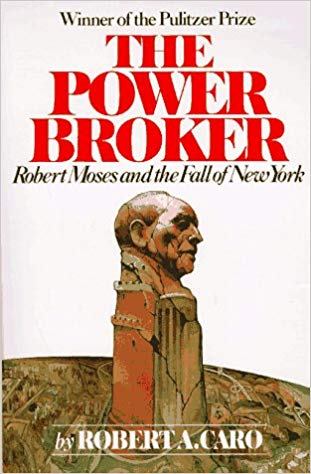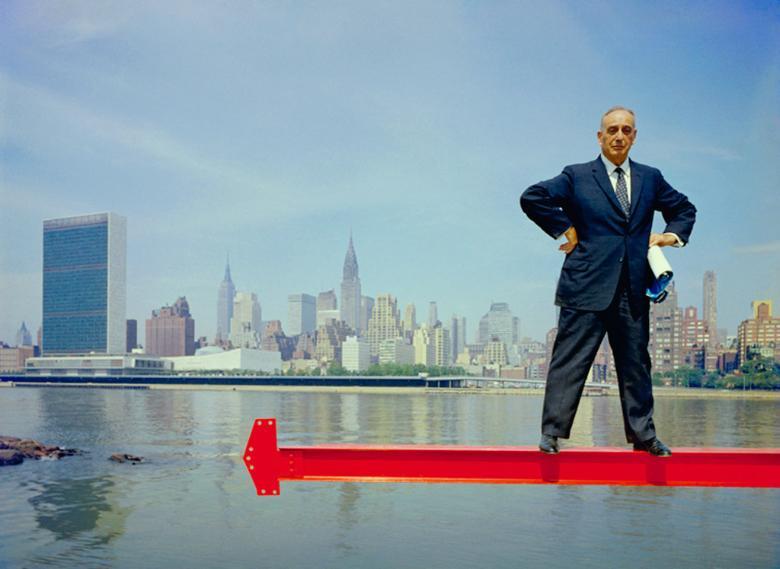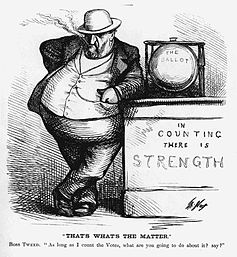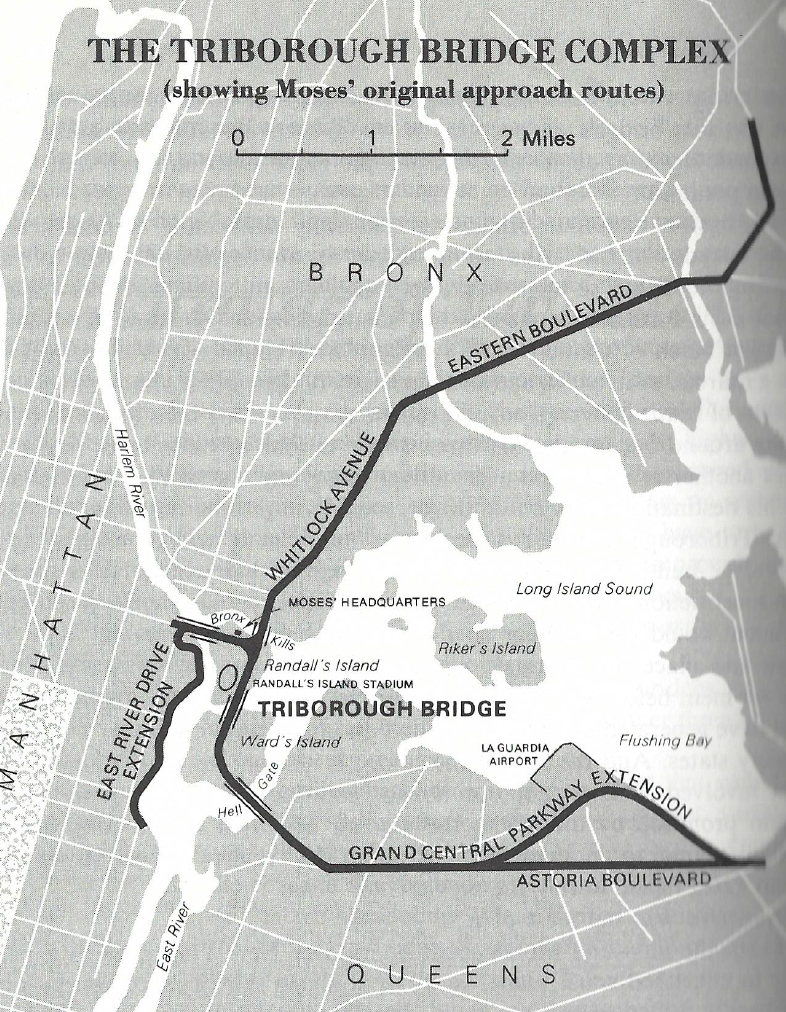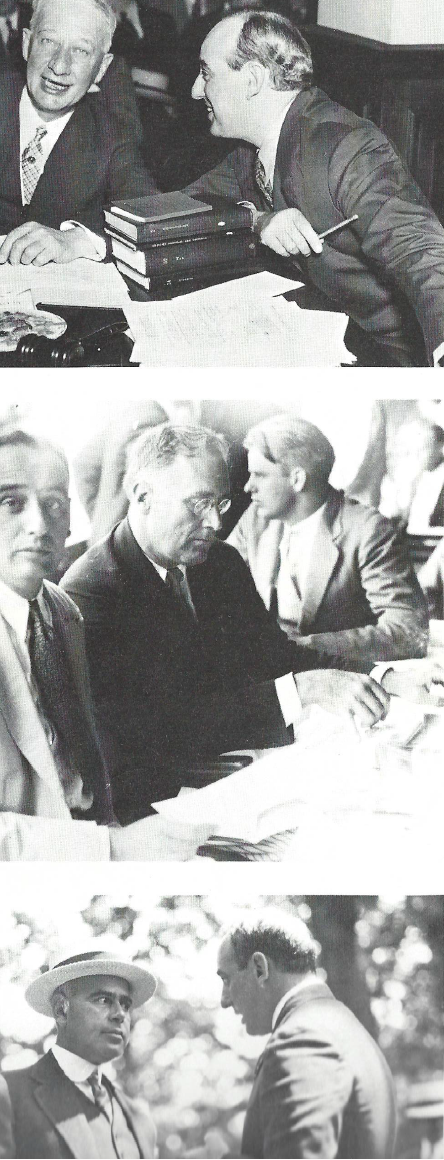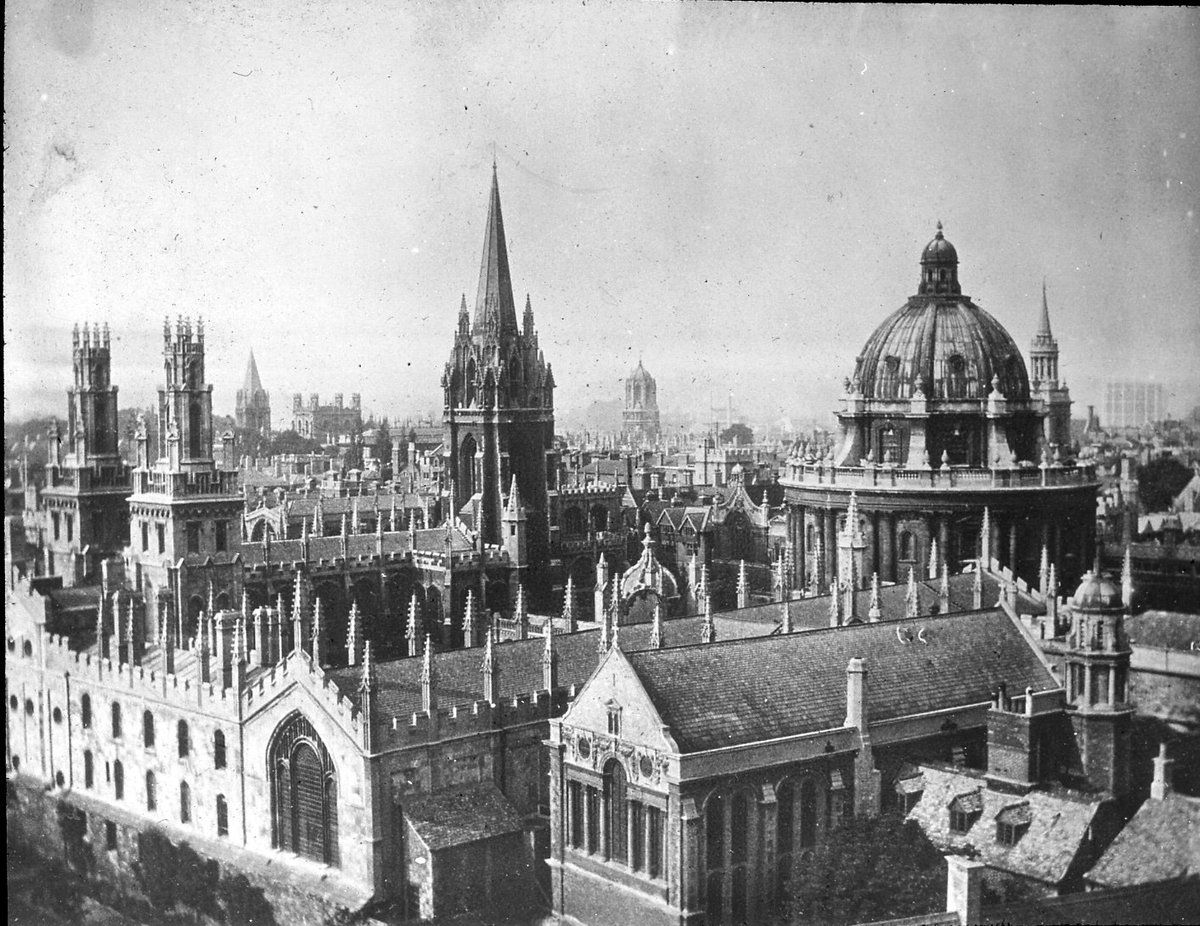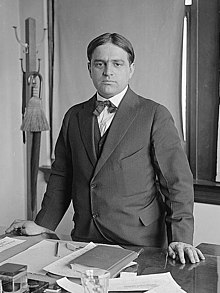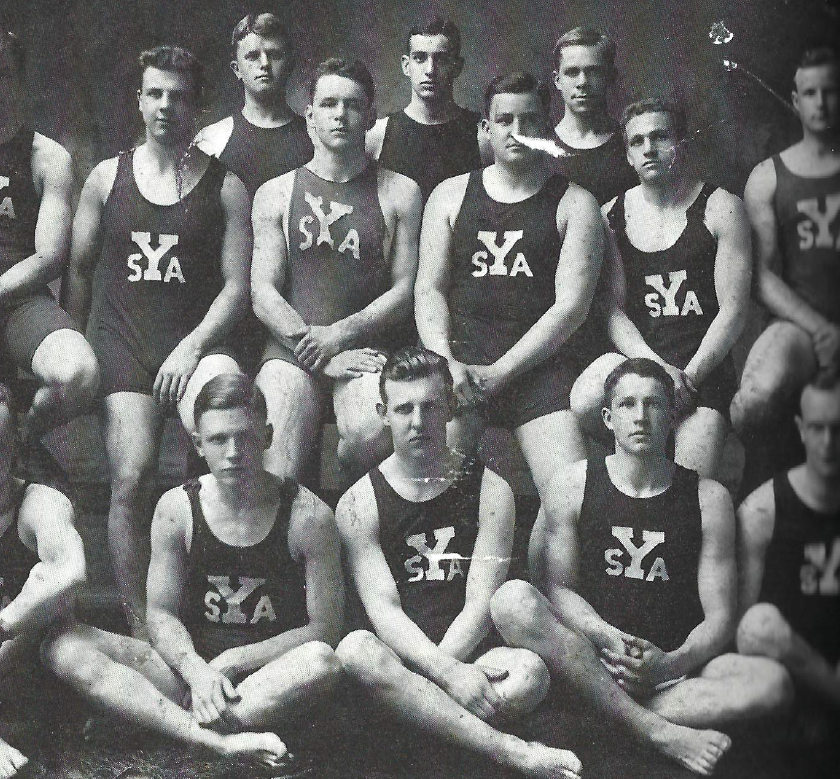
Chapter 2 – Robert Moses at Yale
Considered a “Jew” by his classmates at Yale. Known internally as “a democracy of talent”, the structure of Yale was in fact a social pyramid based on family background and closed to Jews. Moses roomed alone, seen as “diffident, quiet and shy” by his classmates but as exceptional by his few friends with a great love of learning. Joined editorial board of the Yale Daily News and joined the swimming team. Moses broadened his acquaintances through these two groups. He travelled Europe extensively, enthusiastically visiting the great museums and galleries and developed a great enthusiasm for Samuel Johnson.
Back at Yale, Moses attempted to democratize the structure and to improve the status of sports such as swimming, using the Yale Daily News to promote his views. He persuaded the minor sports to combine into a formal association for funding. On June 11, 1908, Moses announced the formation of the Minor Sports Association.
Moses resigned from the swimming team when he couldn’t get his way on funding. He became more active in literary circles. His academic work continued to be outstanding. In his last two years he had roommates, members of literary groups KitKat and The Current. He became liked by his circle of friends.
Moses’s idealism strengthened through the years. He was known as intense in argument but honest, speaking from the heart. Moses did not achieve a membership of any of the important Yale societies, but his achievement was impressive for a Jew achieving a certain amount of power and influence. He had managed to build a coterie of followers within the structure with himself at the head. This was to influence his progress in the wider world thereafter.
Analysis & Key Takeaways: Chapter 2 of Power Broker
- Anyone who has been in student politics will recognize the low stakes, high pettiness of student politics. Robert Moses organized student minor sports leagues for fundraising purposes. He wants to bring all the clubs together as a kind of unionized entity in order to gain funding leverage. He also wanted to fudge the finances to advance his singular sport of choice: swimming. Of course, distributing the funds would be how he could funnel more to his sport then the more popular sports. When his ideas were rejected, he cut out friends that opposed him. He figured out early that money is power.
- Networks matter and so do cultural groups. Religion (cultural group marker) is a foot in the door in some cases and a means of exclusion in others. The fact that shared experiences create alliances is not going to disappear anytime soon because the human brain is wired to prefer things that are similar: example Movie Sequels….it’s not that we have to like the human brain, to acknowledge these patterns;
- Is Robert Caro building up Robert Moses in this chapter? Do people have an honest recollection of a person after that person becomes influential in wider society? Or do recollections warp, inserting false memories? Moses sounds like a superstar or at least an overachiever, CV stuffer;
- Resign if you can’t get your way. This mantra is something Moses threatens to do a lot throughout his career, figure out where you stand and then threaten to resign as a bargaining chip, but only if you are confident that ‘they’ need you.
